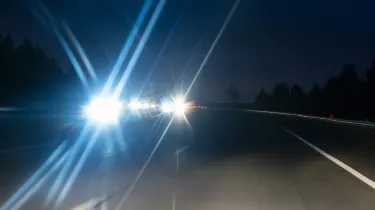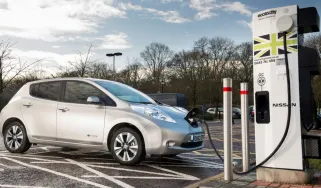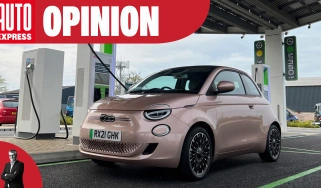Headlight glare on UK roads to be measured in government-backed project

Research company TRL has been commissioned by the Department of Transport to carry out the investigation into problematic headlamp glare, set in train by the previous government.
TRL has announced a project running from this month into the spring of next year, in which it will install special instruments on a car and use it to measure the light intensity levels experienced by drivers during night-time journeys.
This official investigation into dazzling headlight bulbs was first announced by the Tory government in April 2024, after an online petition urging action on the problem gathered more than 10,000 signatures. Last month the Labour government announced it would continue to back the investigation, and now TRL has shared details of what that actually means.
It says its on-road research will assess factors around the instrumented car, such as weather conditions and ambient lighting “to build a complete understanding of the conditions that are most likely to give rise to high brightness levels, and glare”.
TRL is also committing to review available evidence and engage with a range of stakeholders to make sure its project builds a comprehensive understanding of the topic, in order to generate what it calls “actionable recommendations” for the Department of Transport to take forward in international working groups related to the issue.
While international discussions could feed into future regulatory requirements for car-makers, there doesn’t appear to be a short-term fix on the agenda. Nonetheless, the RAC - one of the foremost campaigners on the issue of dazzling headlamps - has welcomed the TRL announcement.
“We’re pleased to be contributing to this important piece of work that we very much hope will get to the bottom of the glare issue experienced by so many drivers up and down the country,” says RAC road safety spokesperson Rod Dennis. “Our own long-term research shows that a significant proportion of the driving population struggle with dazzle, with some people reducing how much they drive, or even giving up driving at night altogether. Understanding what’s causing these problems, and most importantly what can be done about them in the future, will be a huge step forward for drivers.”



